SCIENTIFIC COMMITTEE
A Scientific Committee has been created to review the abstracts that will be submitted and select the best ones to be included in the programme of the Forum.


Chair of the
Scientific Committee
Dr Jessica Thorn is a lecturer in the School of Geography and Sustainable Development at the University of St Andrews and research fellow at the University of Namibia. She has a background in climate change adaptation, ecology and human geography, with a wide interest in future urban transformative adaptation in response to environmental change.
Jessica is contributing author to the International Panel on Climate Change Sixth Assessment Report, the UN Environment Programme Global Environmental Outlook, The Economics and Ecosystems and Biodiversity Report and African Union’s climate resilient strategy.
Her current research focuses on the urban nature-based solutions in informal settlements, environmental justice, climate migration, marine ecosystem-based adaptation, hybridised green-blue-grey infrastructure and environmental and social safeguards for transport infrastructure.
Methodologically, she employs participatory, scenarios, systematic reviews, ecosystem service quantification and land use change analyses. As an aspiring transdisciplinary practitioner, she prioritises knowledge coproduction with academics, civil society, conservation NGOs and governments mostly in Africa and Asia.
Prior to coming to St Andrews, Jessica earned her doctorate in Zoology from the University of Oxford and worked as postdoctoral fellow at Colorado State University and University of York with visiting positions at ETH Zurich and at the African Climate Development Institute.


Tikabo Gebreyesus
Tikabo Gebreyesus is a Ph.D. candidate at the University of Bonn, specializing in climate change and sustainable urban development. His research focuses on sustainable urban growth and climate resilience strategies for Ethiopian cities. Previously, he was an academic at Hawassa University and a consultant for Ethiopia’s Ministry of Urban Development and Construction and Addis Ababa City Government. Gebreyesus holds an M.Sc. in Urban Forestry and Greening from Hawassa University and studied Urban and Regional Planning at Addis Ababa University. He is committed to advancing science-based solutions for sustainable urban development and climate adaptation. Currently, he is furthering his work on nature-based solutions through a research scholarship at the University of Bonn.
Key topics: Climate change, Sustainable urban development, Nature-based solutions, Urban green infrastructure.

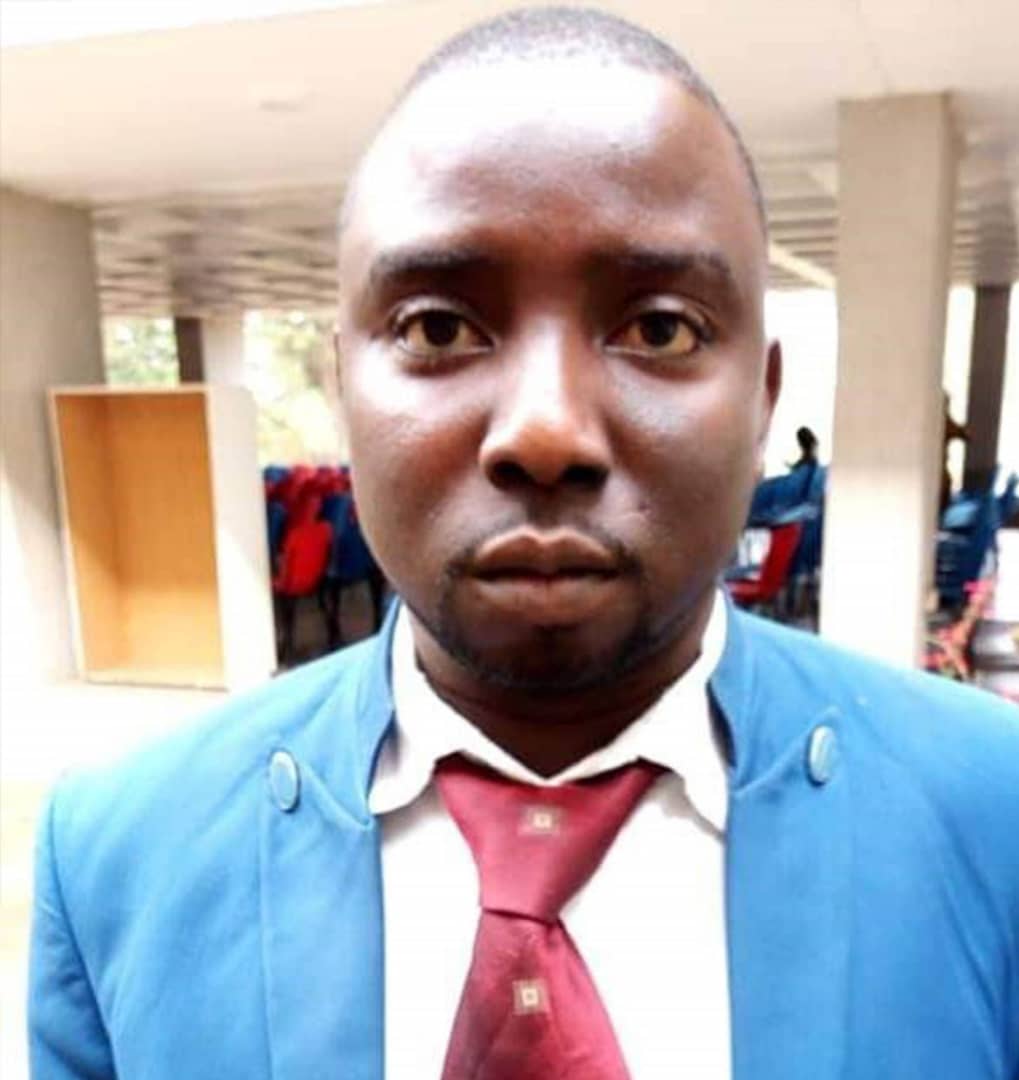
Moussa Soule
Moussa Soulé is a researcher and lecturer at University Dan Dicko Dankoulodo of Maradi (UDDM), Maradi, Niger.
He has been involved with teaching urban forestry, biodiversity, agroforestry, climate change and urban forestry for many years at BSc and MSc level.
He also participated in various international conferences related to urban forestry in Africa, USA and Europe.
His research is focused on the evaluation of structure and values of urban forests, with special reference to the West Africa Sahel cities.
He has a PhD in Climate Change and Land Use, specialty urban forestry and climate change from Kwame Nkrumah University of Science and Technology, Ghana. In addition to that, He is a TWAS fellow (Academy of Sciences for the Developing) under Islamic Development Bank (IsDB) Grant.
He has been awarded a Fulbright Visiting Scholar at Northern Arizona University (NAU), Flagstaff, US where He taught to BSc and MSC forestry students, urban forestry practices in West Africa Sahel.


Dr. Sondes Fkiri
Dr. Sondes Fkiri from Tunisia, holds a PhD in Rural Engineering, Water, and Forest and is an Assistant Professor at the Institute of Social Sciences and Education in Gafsa.
She is also a dedicated researcher at the National Institute of Rural Engineering, Water, and Forests (INRGREF-Tunisia).
Dr. Fkiri’s research primarily addresses forest adaptation strategies to climate change, focusing on the ecology and physiological resilience of forest species under shifting environmental conditions.
Her expertise extends to collaborating on national and international platforms dedicated to forest conservation and sustainable management.
Dr. Fkiri is an active member of numerous forestry and environmental organizations, including the Peri-urban Agricol Groupement « GDA Si Amor», the International Association of Mediterranean Forests (AIFM), and Silva Mediterranean Group of FAO, which focuses on urban and peri-urban forest conservation.
Driven by a commitment to environmental advocacy, she founded the Facebook group “Green Tunisien,” a space for community engagement and environmental awareness in Tunisia.
Dr. Fkiri’s contributions to both academia and public engagement underscore her dedication to advancing sustainable forest management practices in the face of global climate challenges.


Prof Solomon Newete
Prof Solomon Newete is a rated Senior Researcher at the Agricultural Research Council-Natural Resource and Engineering and a Visiting Associate Professor of Conservation Biology at the School of Animal, Plant and Environmental Sciences at the University of the Witwatersrand, Johannesburg.
As a child, like many African parents’ dreams, he grew up wanting to be a medical doctor, but he studied Plant Sciences (majoring in crops) instead at University of Asmara, Eritrea for his first degree, since medicine was not offered at the university. Watching Al Gore’s documentary, “An Inconvenient Truth” in 2007, instilled a fascination for the environment in him and studied Conservation Biology for his MSc and Environmental Sciences for his PhD at the Univresity of the Witwatersrand after he moved to South Africa.
With over ten years of experience Prof Newete’s research interest focuses on Invasive alien plants, Biological Control, and Ecological and Environmental Restorations with a background in Remote Sensing. Some of the research projects he is currently involved includes, inter alia, the Polyphagous Shot Hole Borer beetles’ outbreak in Johannesburg urban trees, Mapping bush encroachment in South Africa, the exotic Tamarix trees in mine tailing dams and the threat of water hyacinth weeds often referred as ‘plant from hell’ spreading in the RAMSAR Blesbokspruit Wetland.
He is a recipient of several research grants including for an international collaborative research project (IGIK in Poland). Prof Newete has published over 42 scientific articles in peer reviewed accredited international journals and supervised over 24 postgraduate students in the last eight years as of October 2024.

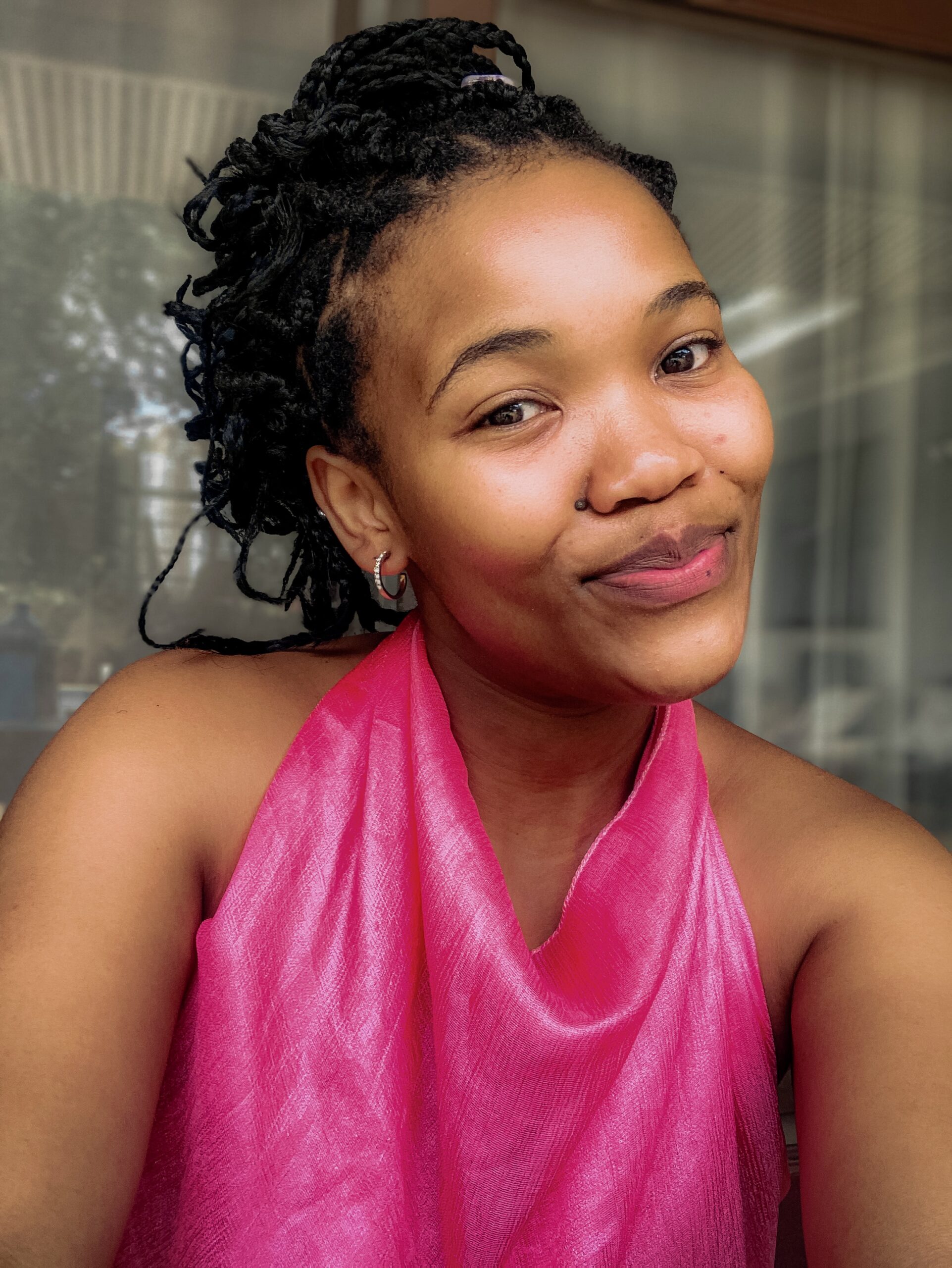
Sibulele Mtshengu
Sibulele Mtshengu is a dedicated botanist serving as an intern with Johannesburg City Parks and Zoo (JCPZ), where they focus on urban biodiversity management and conservation.
Currently pursuing a master’s degree in ethnobotany, their research examines the traditional medicinal plant knowledge of Eastern Pondoland, a region rich in biodiversity and cultural heritage.
This work holds personal significance as they were inspired by their grandmother, a traditional healer, to explore the preservation of indigenous knowledge.
At JCPZ, Sibulele leads a project managing Lemna minor (duckweed) populations across urban water bodies, developing strategies to assess, control, and mitigate this invasive species.
This role has deepened their commitment to combining scientific research with practical conservation efforts tailored to the urban environment.
Sibulele has presented their work at several notable conferences, including the South African Association of Botanists (SAAB) conference, the Biological Invasion Symposium, and the Indigenous Plant Use Forum (IPUF), where they discussed the role of traditional plant knowledge and invasive species management in conservation.
Sibulele also actively promotes environmental awareness, contributing to education on plant preservation and herbaria’s role in conserving biodiversity. Their dedication to understanding the intersection of botany, urban ecology, and community engagement is central to their contributions to sustainable environmental efforts in Africa.


Dr. Patrick Opoku
Dr. Patrick Opoku is a Lecturer at the Department of Forest Resources Technology of the Kwame Nkrumah University of Science and Technology (KNUST), Kumasi.
His teaching focus on courses addressing issues of forest sciences, forested landscapes and climate change. In addition, his research activities cover aspects of urban forestry, socioeconomics and policy of tropical forestry.
He is the West Africa Advisor for the project to Strengthen Advisory Capacities on Land Governance in Africa (SLGA), which is part of Germany’s Special Initiative for the Transformation of Agricultural and Food Systems (SI AGER).
He has over 15 years professional experience and has worked for several organizations in Ghana and abroad including the Dutch Organization for Development Cooperation (Tropenbos International), the Deutsche Gesellschaft für Internationale Zusammenarbeit (GIZ) and the Leibniz Institute of Ecological Urban and Regional Development (IOER) in Germany.
He supported the African Land Policy Centre (ALPC) in setting up the Network of Excellence on Land Governance in Africa (NELGA) and has been instrumental in the development of training programs and curricula in several universities in West Africa.
He is a recipient of several grants and awards including the Climate Africa Scholarship Award, Alexander von Humboldt Climate Protection Fellowship Award and the Dresden Leibniz Graduate Scholarship Award.
He is a member of the Ghana Science Association and a Fellow of the Ghana Institute of Foresters.
He is currently a guest editor for Forest Policy and Economics (Elsevier) and a guest editor for the African Journal for Land and Geospatial Sciences.


Patrick Jeremy Likongwe
Patrick Jeremy Likongwe is an environmental scientist with extensive experience in climate change adaptation and mitigation, urban ecosystem services, and nature-based solutions (NbS).
Over the past ten years, he has designed and implemented projects in these areas and has several peer-reviewed publications to his credit.
From 2010 to 2017, Patrick served as the Program Manager for the Lake Chilwa Basin Climate Change Adaptation Program.
He currently holds the position of Deputy Director at Leadership for Environment and Development (LEAD), where he oversees the implementation of development and research projects, as well as consultancies. Recently, Patrick has taken on the role of reviewer for journal papers focused on urban forestry and ecosystem services.
He completed his PhD in Environmental Sciences at Rhodes University in 2023. Notably, he co-authored a publication on NbS aimed at helping local communities in Malawi understand and apply its concepts to address climate change impacts.
Furthermore, he co-authored a book chapter on the perspectives of urban forest from sub-Saharan Africa. Patrick is passionate about urban trees and their ecosystem services, often spending his free time tending to plants in his backyard, including vegetables, flowers, and trees.
He is currently seeking opportunities to address the challenges of diminishing urban nature while researching the role of urban citizens in enhancing urban ecosystem services, particularly in developing countries like Malawi.
Patrick is eager to collaborate with like-minded individuals and institutions in these areas.

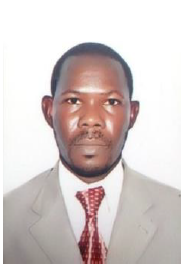
Mohamed Fomba
Mohamed FOMBA trained as an Agricultural Engineer (IPR/IFRA de Katibougou, 2011) and obtained his PhD as Dr. Climate Change and Human Habitat at the Federal University of Technology, Minna in 2024 as part of the WASCAL doctoral programme, including a 6-month scientific visit to the Martin Luther University of Halle-Wittenberg, Germany.
Since 2015, he has specialised by obtaining a Master’s degree in Integrated Soil Fertility Management (IPR/IFRA de Katibougou), and is conducting organo-mineral fertilisation trials on rice in the production basins of Sikasso, Office riz Ségou, Mopti and Timbuktu as part of the IFDC/ FDP-MD/ USAID project.
In 2017, it coordinated soil sampling and analysis activities with the SoilDoc kit as part of the Millenium Promise / Alliance for the Green Revolution in Africa AGRA project.
From 2012 to 2024, he worked for the NGO Mission Sahel on the programme to develop and extend the agricultural input distribution network as an Agricultural Advisor (2012 – 2014), for World Vision International on the Eco-Agriculture programme in the Sahel as a Development Facilitator (2014), and for the Regional Directorate of Agriculture as Head of the Statistics, Monitoring, Evaluation and Communication Office, with a number of regional coordination posts (2016 – 2020).
He has consulted for national (ADPS, AFAR, ……) and international (IFDC, CIV/GIZ, WHH) organisations. During his studies, he held the post of National President of the Internet Students of Mali (2008 – 2010), and was in charge of students at the IPR/IFRA in Katibougou (2010 – 2011) for his leadership skills.


Dr. Josephine Malonza
Dr. Josephine Malonza is an enthusiastic and curious architect and urban designer keen on the dialectical relations between Architecture, urban design and Society. Her research focuses on public space and urban sustainability. The empathic engagement with urban citizens, through participatory processes, makes her particularly passionate about quality of life in urban areas, and has seen her work widely published.
She is the founding (and current) Dean, of the School of Architecture and Built Environment, in the University of Rwanda, where she has been substantially involved in teaching, research and community engagement for the last fourteen years. Her work is inspired by the unique concept of cultivating learning environments that are participatory, reflective, action-focused and change-oriented.
She has received numerous awards including the RIBA Scott Brownrigg Award for Sustainable Development in 2022. She has been involved in international research collaborations with the Centre for Sustainable Healthy and Learning Cities (SHLC), Transforming Education for Sustainable Futures (TESF), Gendered Journeys Project and the Belmont Forum. She is also a mentor to women in STEM.
She serves as an advisory committee member for Green Cities Region Action Programme for Africa (GC-RAPA) as well as the Africa Forum on Urban Forests (AFUF). She is a member of the Technical advisory Group and housing committee at the city of Kigali as well as urbanization sector working group member at the ministry of infrastructure in Rwanda.


Johannes Andreas
With over a decade of professional and industrial expertise, Johannes Andreas is an accomplished landscape ecologist specialising in sustainable agriculture, land use planning, applied landscape and vegetation ecology, nature-based solutions, global environmental change, and conservation biology, and natural resources conservation and management.
His passion for nature was cultivated through his academic pursuits, including a bachelor’s degree in agricultural management and MSc. degree in landscape ecology and nature conservation. He is currently undertaking a PhD in Geography at the University of Namibia.
His doctoral research examines the role of green-blue infrastructure in bioremediation, air pollution mitigation, and sustainable ecosystem services within Namibia’s informal settlements.
He also serves as Land use Planner for the Ministry of Agriculture, Water, and Land Reform in Namibia, where he is responsible for Integrated Regional Land Use Planning and spatial data infrastructure monitoring.
Prior to this, he held roles as Young Professional Intern for High Value Plant Species on a World Bank-funded project under the Ministry of Environment and Tourism, Field Liaison Officer with the World Wildlife Fund Namibia, and was a member of the Environmental Assessment Professionals Association of Namibia.

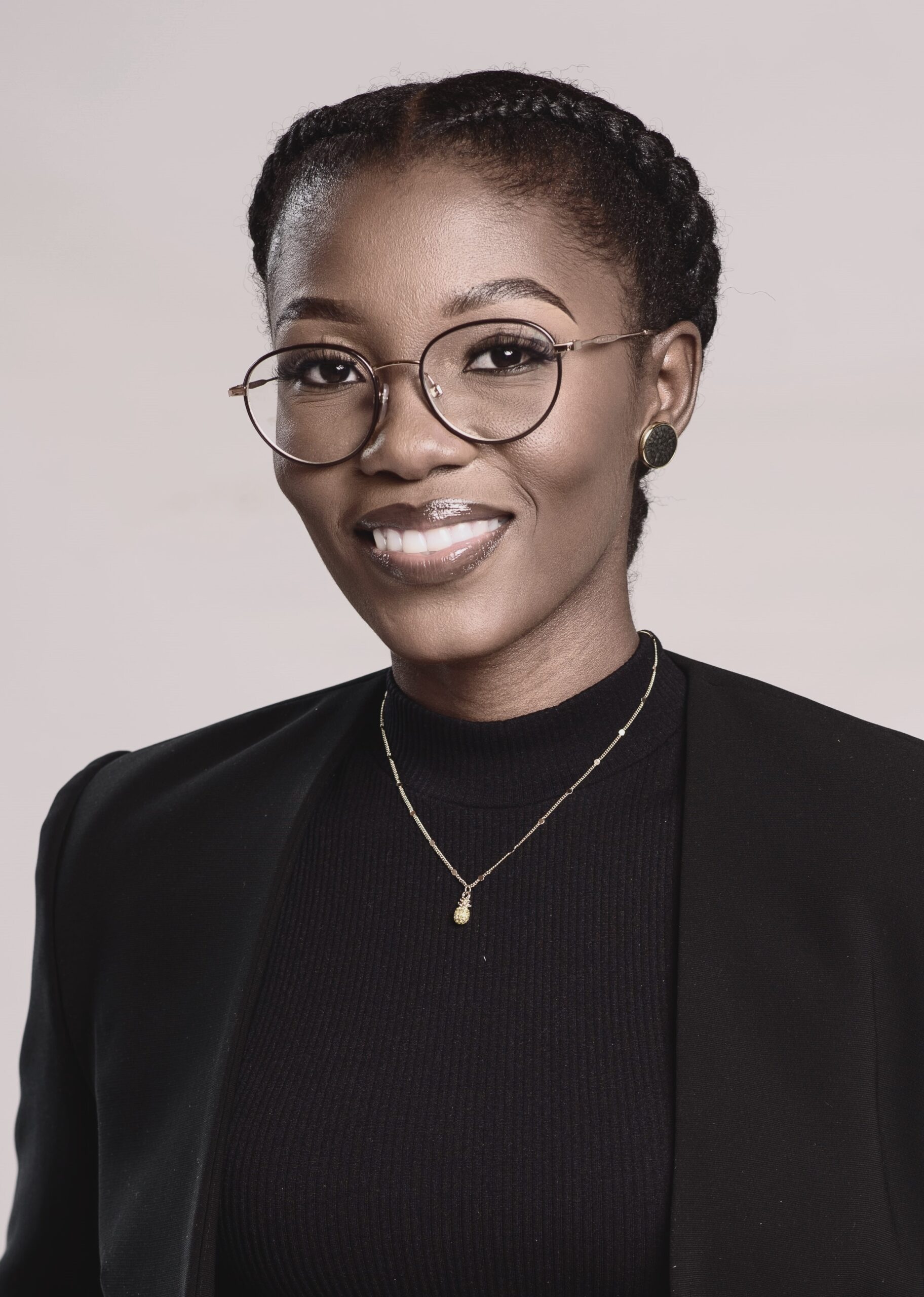
Giesberta Nipopya Shaanika
Giesberta Naipopya Shaanika’s journey in geology began with an interest in rocks’ economic value for mining, but soon shifted to understanding their strength and ability to support infrastructure.
This transition led her into the field of Engineering Geology, where she has accumulated about eight years of experience working across Namibia, South Africa, and Rwanda.
Her work involves conducting engineering geological mapping to identify hazards such as slope instabilities, faults, and problematic soils. This work is essential for developing risk maps that guide urban planning and support risk-informed development for municipalities.
Recently, Giesberta expanded her focus to include climate-driven (meteorological) hazards, Recognizing the interconnection between geological and climate hazards.
Much of her research now addresses land degradation caused by rainfall-induced erosional gullies and shallow landslides, highlighting the role of human activities as both causes and exacerbating factors.
Having grown up in Northern Namibia, Giesberta experienced firsthand impacts of flooding, often having to cross floodwaters to reach school. This personal connection fuels her commitment to addressing climate and geological hazards.
She is a passionate advocate for building resilience through capacity-building initiatives.
As a natural continuation to this journey, she joined the FLOURISH project as a PhD student, investigating the effectiveness of Nature-based Solutions (NbS) in mitigating flood risk, reducing heat stress, and controlling erosion in Northern Namibia’s informal settlements.
Looking ahead, she is excited to develop strategies that integrate advanced spatial analysis, indigenous knowledge, and sustainable solutions to build resilient communities. When she is not working, she enjoys hiking and handcrafting.

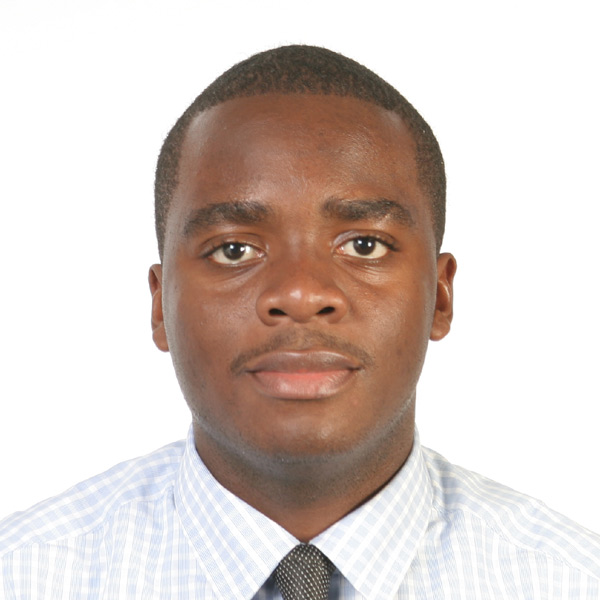
Lobe Ekamby
Lobe Ekamby is an expert in Global Affairs and Sustainability, specializing in Urban Green Spaces, Climate, and Health in Africa.
He currently conducts scientific research on Green Spaces and Climate Adaptation at the United Nations University – Institute for Environment and Human Security (UNU-EHS) in Bonn, Germany. Also, he is a Consultant for the World Health Organization (WHO) and the European Centre for Environment and Health in Bonn, where he works as a Research Analyst.
His focus is on the socio-environmental and health impacts of tree planting projects in both urban and rural areas of Africa. Recently, at the Future Green City Event in Utrecht, he co-led a Master Class titled “WHO Research on Green Spaces and Health,” representing the WHO and discussing the benefits of green spaces for health in Africa.
Additionally, he co-authored a paper titled: “How Many Trees Are Planted in African Cities? Expectations of and Challenges to Planning Considering Current Tree Planting Projects.” This paper examines the expectations and challenges of tree-planting projects in urban Africa, addressing all 54 countries, including both major and smaller cities.
Finally, Lobe is Cameroonian and proudly African, having previously worked as a Teaching and Research Assistant at the Protestant University of Central Africa in Cameroon, focusing on sustainability topics.

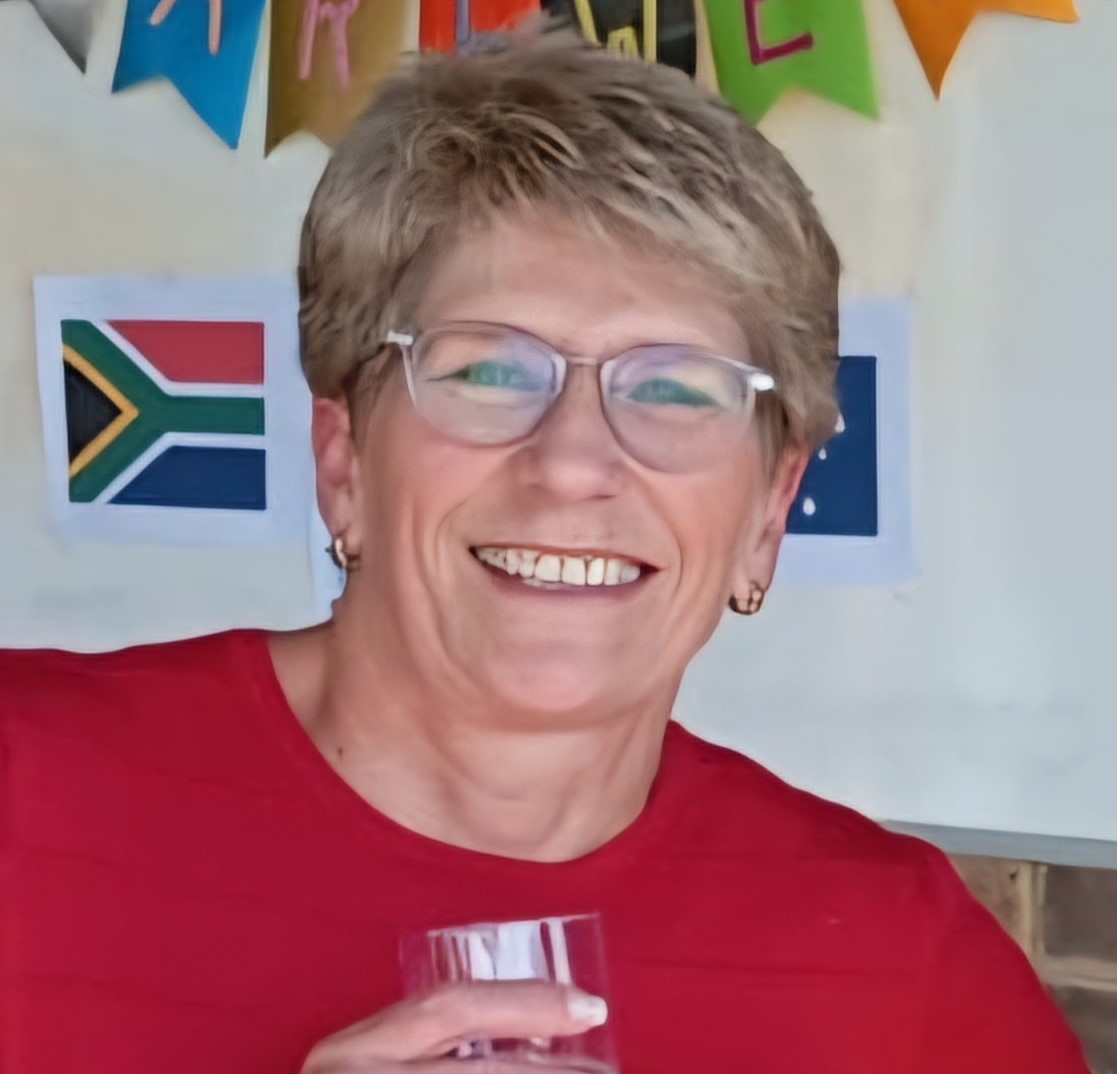
Dr Elize van Staden
Dr Elize van Staden completed her undergraduate Horticulture qualifications with TUT in 1986, a MSc Environmental Management in 2013 and a PhD study in Environmental Management with a focus on urban forestry at UNISA in 2021.
She is a registered Professional Landscape Manager with SACLAP and has been part of the IERM since 1982. She is currently serving as the President Elect on the executive committee and represents IERM on the Board of the World Urban Parks Academy.
She worked for Eskom in the Horticulture department between 1982 and 1999 and Malanseuns wholesale plant growers from 2000 to 2010. During that time, she also worked as a part time lecturer for TUT, Lifestyle College and UNISA.
In 2011, Elize joined UNISA on a permanent basis as a senior lecturer in the Ornamental Horticulture Department, where she is currently the programme leader, presents undergraduate and post graduate modules and supervises six MSc and two PhD students.
She has presented papers at eight local and international webinars, conventions and conferences and has published journal articles in international scientific journals.

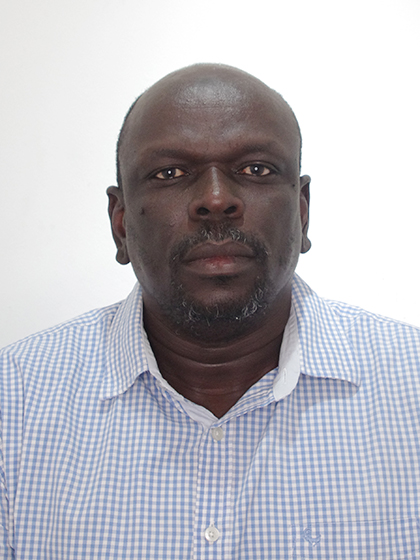
Prof Elhadi Adam
Elhadi Adam is a professor of remote sensing at the School of Geography, Archaeology and Environmental Studies at the University of Witwatersrand- Johannesburg (South Africa).
He completed his Undergraduate studies and MSc in Geography and Environmental Sciences at the University of Khartoum (Sudan) and his PhD on Hyperspectral Remote Sensing of Wetland vegetation quality and quantity at the University of KwaZulu-Natal (South Africa) in 2011.
His research focuses on remote sensing (RS) and Geographical information system (GIS) applications in applied environmental science and precision agriculture, focusing on mapping and monitoring vegetation species and agricultural and plantation forest land use.
His focus in recent years has been on strengthening his field of research by developing new remote sensing techniques based on machine learning and deep learning algorithms for detecting subtle patterns in vegetation quality and quantity, water quality, disease infestation on plantation forests and crops, as well as quantification of forest degradation and its impact on biodiversity and ecosystem condition.
To date, he has contributed to developing cutting-edge hyperspectral and multispectral remote sensing-based techniques for vegetation pattern analysis and precision agriculture. Prof Adam have published over 120 peer-reviewed journal articles in International (ISI) recognised journals.
This has earned him international recognition through a total of 5994 Google citations and h-index of 31.
Prof. Adam has successfully graduated more than 55 MSc and 19 PhD students.

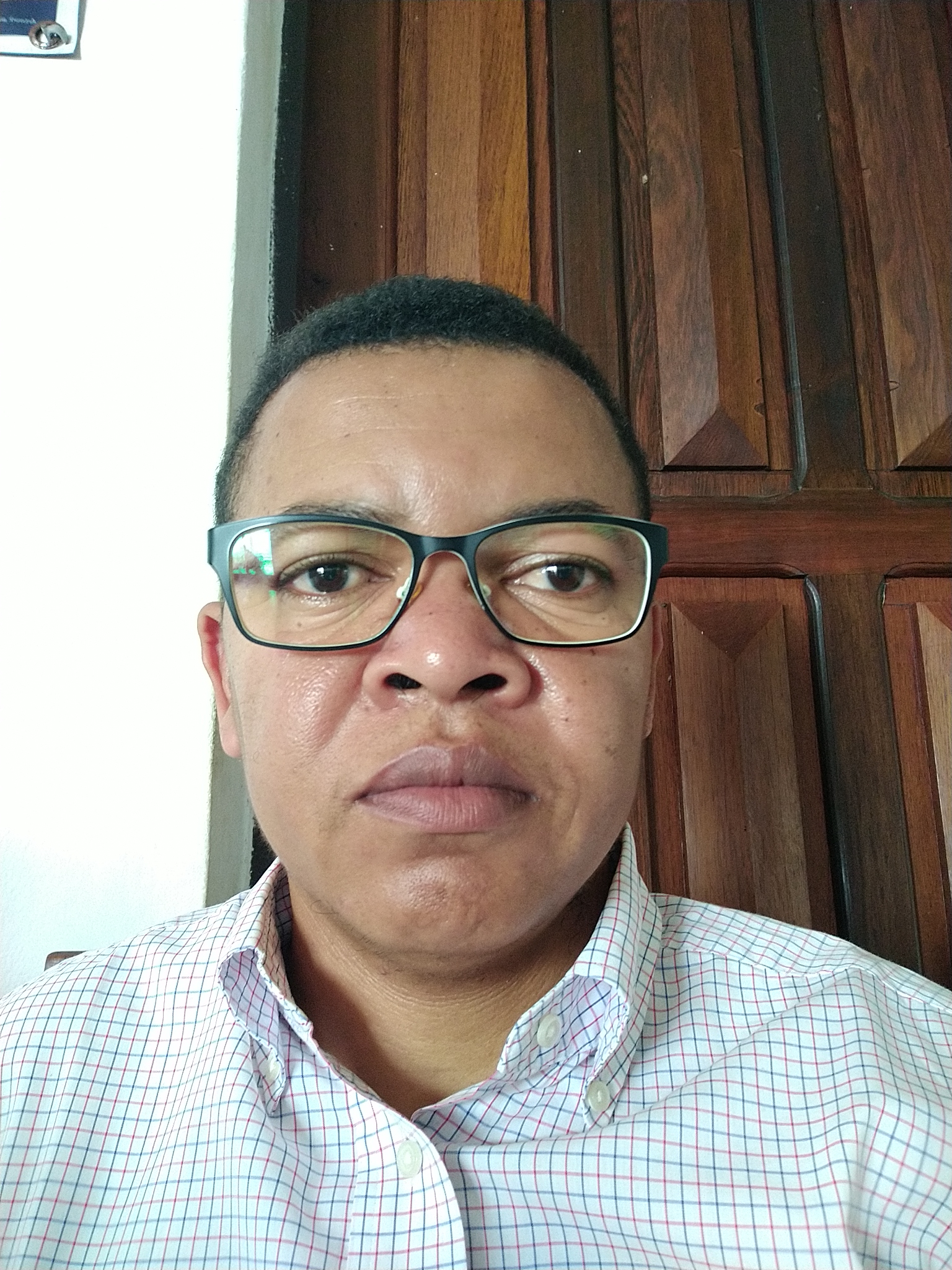
Daulphin Razafipahatelo
Daulphin Razafipahatelo is a PhD student at the Doctoral School of Natural Resource Management and Development, University of Antananarivo – Madagascar, specializing in the use of Green Infrastructure (GI) to mitigate urban hydrological risks, including floods and contamination.
His academic background includes a DEA in Geophysics and Remote Sensing, a Maîtrise in Physics, and a Licence in Physics and Chemistry, all from the University of Antananarivo – Madagascar. Daulphin is an expert in Geomatics, GIS, Remote Sensing, and Drone Photogrammetry, with extensive experience in spatial analysis, forest mapping, and disaster risk management.
His research and professional work emphasize nature-based solutions and their integration into urban planning to enhance resilience against multi-hazard disasters. He is the lead author of the paper “Automatic Flood Detection with a Kernel K-means Approach”, presented at the 2014 IEEE Canada International Humanitarian Technology Conference, and a co-author of a study on forest cover change and GHG emissions in Madagascar, presented at the AGU Fall Meeting.
His current research uses remote sensing technologies to model the effectiveness of green infrastructure in flood mitigation, contributing to sustainable urban development and climate resilience in Madagascar.


Padde Daniel
Padde Daniel has spent the last eight years working as an Urban Forester with the Kampala Capital City Authority.
He spearheaded the formulation of Kampala’s urban forestry Plan and oversees all Urban Forestry activities Citywide based at HQ in the Landscape department, Directorate of Physical Planning.
He has also spearheaded the city’s Biodiversity and socio-ecological studies to aid Planning and Management of Natural Assets Management in Kampala.
He holds a Master’s in Environment and Natural Resource Management and a Bachelor’s in Conservation Forestry.
He is a co-founder of the Africa Eco-Cities Hub, an NGO in East Africa dedicated to advocating and strengthening Capacity of African cities through sustainable Urban Forestry Strategies that foster an inclusive and resilient urban green environment.
He is an UN-FAO Community Member of the Tree Cities World. He is part Stellenbosch University Climate studies Students Network.
In addition, he contributes to the UNECE/FAO Informal Panel of Experts. Padde has presented lectures and participated in panel discussions ON webinars and at National, Regional, and International Venues on the planning, design, and management of healthy, inclusive, and resilient urban forests for sustainable and safe urban communities.


Prof. Collins Adjei Mensah
Prof. Collins Adjei Mensah is an Associate Professor of Development Planning (with emphasis on Urban and Regional Planning) at the Department of Geography and Regional Planning of the University of Cape Coast (UCC).
He holds PhD in Urban and Regional Planning from the University of Birmingham, UK. In 2016, he completed a postdoctoral fellowship on a research project “rural-urban linkages in Sub-Saharan Africa” at the University of Loughborough, UK.
In September 2015, the International Social Science Council (now International Science Council) selected him as a World Social Science Fellow among 20 young talented scholars across the world for his research contributions in the area of sustainable urbanisation.
His areas of specialisation are Urban and Regional Planning, and Development Geography. His research interests cover areas such as green and public space management, sustainable urban development, urban housing and policy, environmental sustainability, and rural and urban livelihoods.
Prof Adjei Mensah’s keen interest in protecting Africa’s urban natural environment has made him contributed immensely in research outputs and advocacy avenues to promote sustainable urban development in Africa.
This is reflected in his many peer-reviewed publications and facilitator roles in workshops and conferences on that subject.
His editorial works in reputable journals are highly recognised.
He is a member of renowned professional bodies both in Ghana and abroad such as Ghana Institute of Planning (GIP), Commonwealth Association of Planners (CAP), and Ghana Geographers Association (GGA).


Prof. Christian Toochi Egbuche
Professor Christian Toochi Egbuche is a distinguished scholar and having acquired a multidisciplinary and multicultural educational background.
He received various academic awards that include the distinguished Chinese government award for excellence and the bilateral education agreements.
He is a Global Change Ecologist with special interest in forestry science, urban ecology, and ecosystem analyst.
He is multitalented and having the capability to speak three different languages including Chinese Mandarin.
He held various academic positions as head of department, research fellowship and coordinator of post graduate programs.
He has a wealth of publications – peer reviewed journals, book chapters and workshop proceedings.
He is currently working on critical issues of urban forestry and mitigation of carbon as a nature-based solution to climate change.
He is the founder and CEO of D+C ESC (D+C Environmental Systems Consultants) – Sustainable Natural Environment International Program and Global Change Ecosystems RC: 2145747 with special focus to sustainability and adaptation programs of climate change in Sub Saharan Africa and Asia: environment and empowering the people through forestry and natural ecosystem resources.
He has participated in various fieldwork and forest inventories of FAO and World Bank assisted country projects.

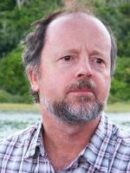
Charlie Shackleton
Charlie Shackleton holds a full-time research chair in “Interdisciplinary Science in Land and Natural Resource Use for Sustainable Livelihoods”, which is housed in the Department of Environmental Science at Rhodes University, Makhanda, South Africa.
He has extensive research and policy experience related to use of wild resources by rural and urban communities and the contexts in which such use contributes to poverty alleviation.
His specific interests in urban forestry relate to provisioning and spiritual services provided by trees, and how they relate to equity, poverty, and broader urban sustainability debates.
Charlie has mentored over 100 master’s and PhD students and published almost 400 peer-reviewed articles, books, and chapters.
He is currently an associate editor or on the editorial board of eight journals.

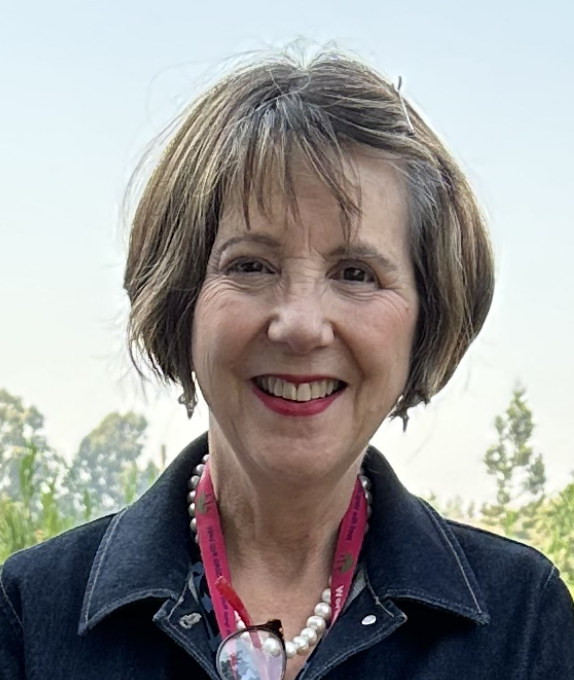
Cathy Watson
After 12 years in diverse capacities, Cathy Watson is currently Senior Advisor at CIFOR-ICRAF, raising awareness of its unique role in trees and forests and working on projects in Uganda (refugees), Kenya (climate, mental health, child wasting), Côte d’Ivoire (restoration of cocoa landscapes with threatened trees), Zambia (food tree portfolios), and DR Congo (boosting dietary diversity, lowering deforestation).
She also writes for CIFOR-ICRAF’s Forests News, Mongabay, The Guardian, SWARA and other outlets.
With an undergrad degree in Biology from Princeton, a Graduate Certificate in Agroforestry from University of Missouri, and Certificates in Tropical Forest Restoration and Agroforestry (Yale) and Urban Forestry (Milan Polytechnic), she has 40 years’ experience in Africa, first reporting for newspapers and radio from Uganda, Rwanda, Burundi, and Ethiopia, then founding NGOs in Uganda.
Straight Talk Foundation produced newspapers for schools and radio shows in 17 languages, addressing HIV and environmental issues, and was commended in The Lancet. Mvule Trust, funded by Lisbet Rausing and Peter Baldwin, supported 3400 youth in education, including over 155 foresters, and was The Guardian’s 2009 Christmas Charity.
She was a finalist for St Andrew’s Prize for the Environment and is an Ashoka Fellow. With a team, she has been greening the reserves of a highway in Nairobi since 2020, deploying over 60 indigenous trees species and creating a biodiversity corridor and shade for pedestrians and basket vendors among others.
She believes that few interventions deliver the health and social benefits of city trees, and that botany is a superpower.

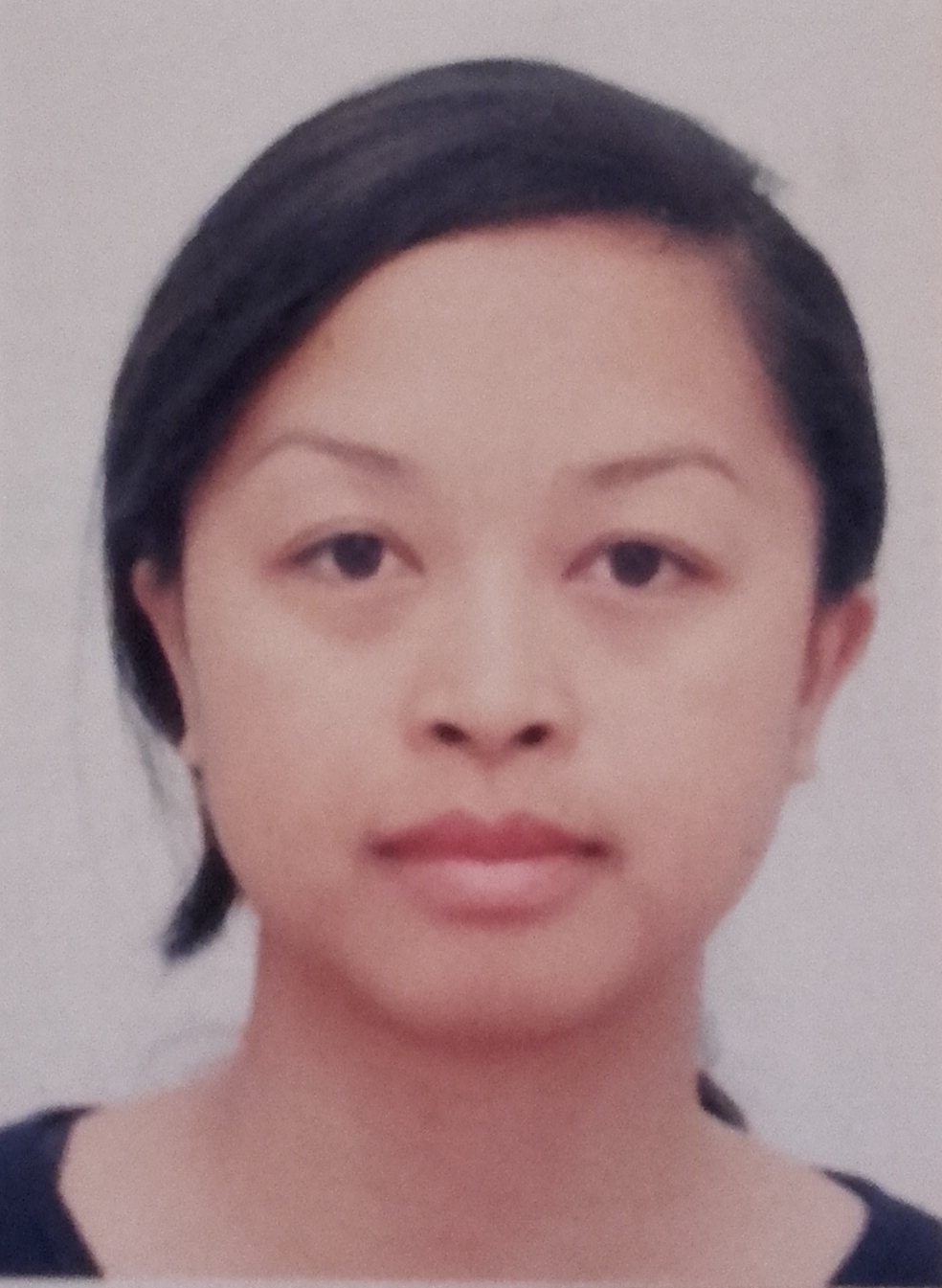
Alivony Ravelomanantsoa
Alivony Ravelomanantsoa is an Environmentalist from the Island of Madagascar.
She is passionate about natural resources and sustainable economic development.
She earned her master’s degree in Hydrology and Climate Change from the University of Newcastle Upon Tyne, United Kingdom in 2018 and has a background in environmental impact assessment from the University of Antananarivo, Madagascar.
She immersed herself in the environmental education, natural resource management, and climate change adaptation domain after her graduation.
She has five years of professional experience as an environmentalist and has gained valuable expertise in project evaluation.
She wants to contribute and make a difference by improving human well-being, particularly in health, food security and education.
She advocates for a brighter future for the next Malagasy generation and is committed to inspiring young people to apply their skills and talents for the development of their country.
At present, she is proud to be a part of a dynamic research team of the Future Landscape Optimisation for peri-urban resilience and ecosystem’s health in Africa (FLOURISH) team.
Her research focuses on the role of green infrastructure to strengthen the resilience of informal settlements to climate extremes and pollution in Greater Antananarivo, Madagascar.

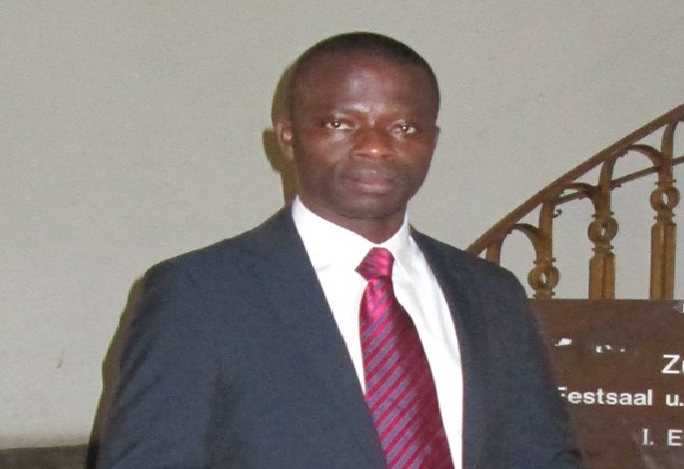
Bertrand F Nero
Bertrand F. Nero is a Senior Lecturer and Researcher in the department of Forest Resources Technology, Kwame Nkrumah University of Science and Technology (KNUST), where he teaches, mentors, and conducts research on urban forestry, climate change mitigation and adaptation, remediation and reclamation of polluted landscapes, restoration ecology, Plantation Silviculture, and forest/urban soil management.
After completing his doctorate at the Centre for Development Research (ZEF), University Bonn, he worked as a postdoctoral researcher/fellow in the BMBF-funded research project Globe E-Biomass WEB at the Forum for Agricultural Research in Africa (FARA).
He is a fellow of the Brew-Hammond Energy Centre at KNUST.
Within the urban space his research interests straddle a range of issues; urban green space/forest restoration and phytoremediation, urban related GHG emissions, urban forest structure, species diversity and composition in relation to ecosystem services such as food security, climate cooling, flood attenuation, and what have you.
Minimizing urban vulnerability and enhancing urban climate resilience through adoption of green infrastructure or nature-based solutions are among his current research priorities.

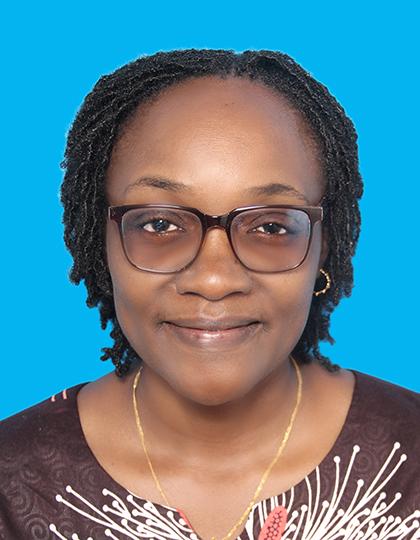
Dr. Catherine A. Masao
Dr. Catherine A. Masao is a Senior Lecturer and Head of the Department of Quality Assurance in Research, Publications, and Innovations at the University of Dar es Salaam (UDSM).
She completed her Ph.D. in Nature Conservation through a sandwich program between Sokoine University of Agriculture (SUA) and Oslo University in 2012, building on her M.Sc. in Conservation Biology from the University of Kent, UK (2004).
Dr. Masao’s postdoctoral research, funded by the Swiss National Science Foundation and German Research Foundation, focused on Scientific foundations of conservation and sustainable use of biodiversity and ecosystem services (2018–2019).
Dr. Masao has held key advisory roles, including as a Tanzania’s Biodiversity Action Plan implementation advisor along the Dar es Salaam-Mwanza Standard Gauge Railway (SGR) since 2020 and as a Lead Author for the IPCC Africa Chapter in the Sixth Assessment Report.
She has conducted extensive research on Afro-alpine Sky Islands in Eastern Africa, addressing biodiversity conservation under climate change.
Her national contributions include board membership with the National Environment Management Council (NEMC) since 2018, membership in the UNDP Small Grants Programme, and appointed taskforce secretary for developing a National Invasive Species Action Plan (2018–2028).
Dr. Masao has led various national studies, developing environmental and educational materials for UNESCO.
Currently, she leads UDSM projects, including the NORHED-funded “Building Capacity to Crosslink Pollution and Climate Change (BC5; 2022-2027),” Biodiversity monitoring curricula development (EU-CONTAN-ERASMUS+, 2021-2024), and the “Young People Engagement in Climate Change (Y-ENGAGE)” project funded by DANIDA (2022-2026).